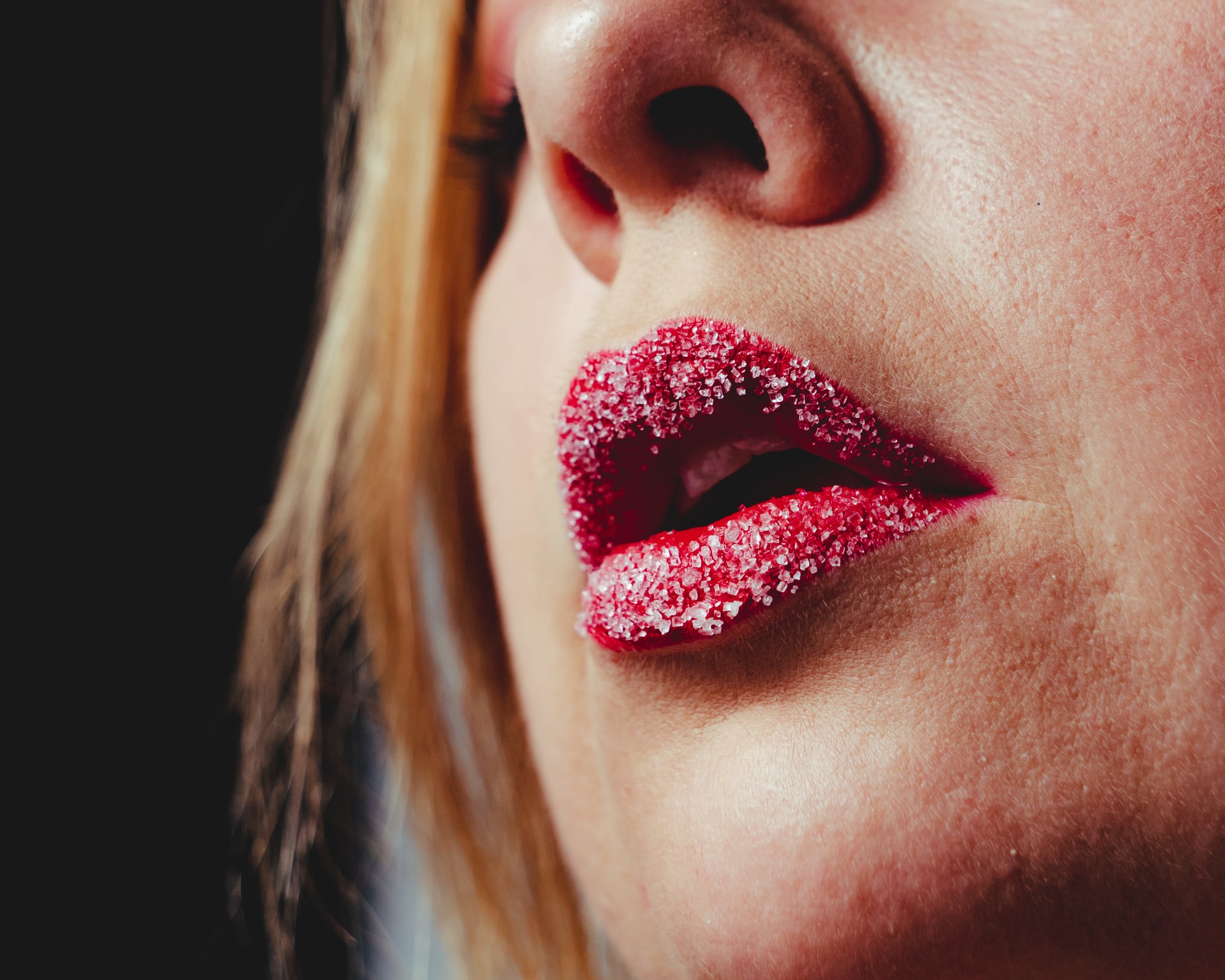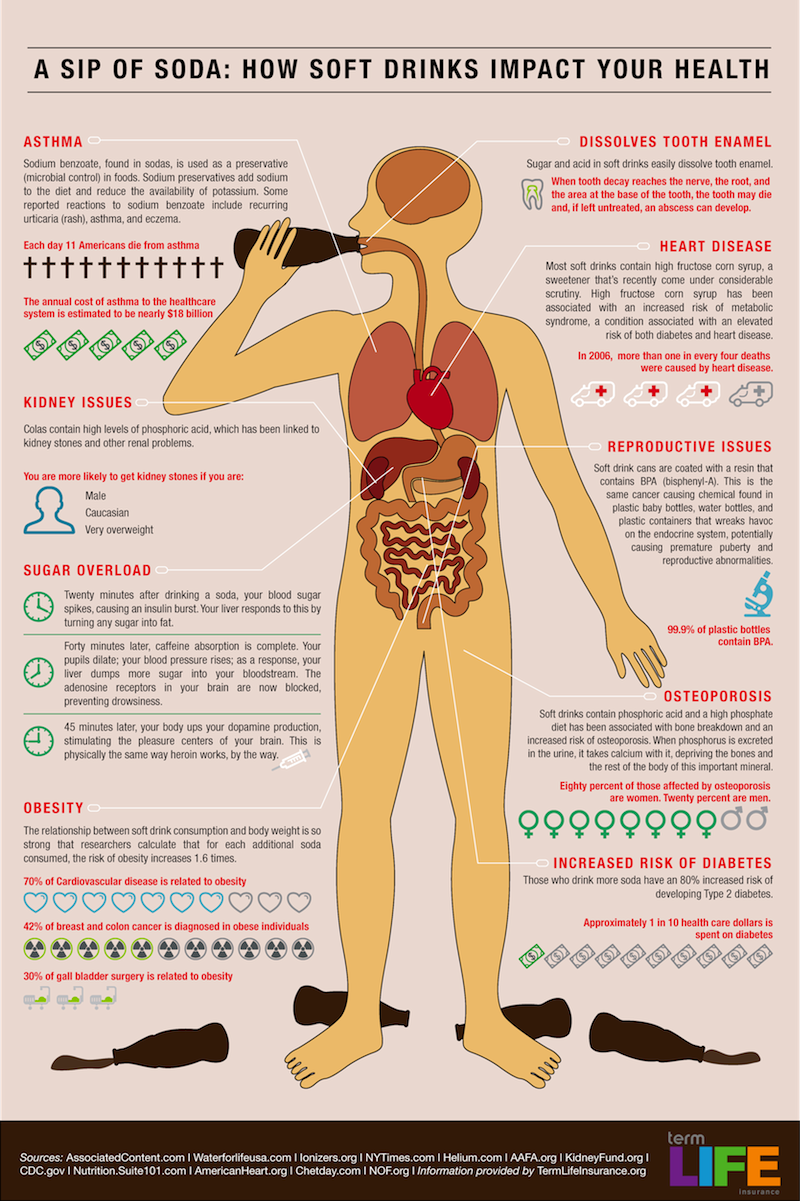
This article is written in partnership with hellowater®—they’re dedicating to protecting the health of American families by replacing sugary drinks with a healthier option, one sip at a time. ~ ed.
Healthy living can feel like a minefield.
As the internet overflows with dietary fads and debatable factoids, it may feel a little hard to tell what we should and shouldn’t be eating and drinking.
It’s understandable that many of us feel confused and skeptical, especially when it comes to taking advice from online “health experts.”
There’s just one thing that everyone—from actually qualified healthcare professionals to Insta-famous health hackers—can (and should) agree on.
Sugar is not our friend.
Sure, it’s natural and our bodies do require a certain amount of it for energy, but most of us are consuming far more than we need…or even know.
In fact, it’s not an exaggeration to say this might be the most insidiously deadly marketing scheme ever sold to the human race by unscrupulous manufacturers only out to drive their bottom line. And it is, quite literally, killing us.
“Okay, so sugar is bad. I’ll cut back on the sweet treats then,” the average person thinks. The problem is that it’s not as easy as they think for the average person to reduce the amount of sugar they consume. Because added sugars are hiding everywhere.
Here are a few not-so-sweet facts about our added sugar habit:
>> Americans consume 17 teaspoons of added sugar daily. That’s nearly three times the recommended daily amount for women alone (for men it’s slightly higher).
>> The numbers are even worse for American children. They consume the equivalent of 30 gallons of added sugars a year…enough to fill a bathtub!
>> Beverages are the leading category source of added sugars (47% of all added sugars).
Wait, hold up a second…we’re actually drinking nearly half of all that added sugar?
Correct.
Here’s a healthier option for the whole family>>
In fact, the bathtub’s-worth that American children are getting through in a year? That’s from beverages alone.
According to a 2015 study, “The consumption of sugar-sweetened drinks appears to claim the lives of about 25,000 American adults yearly and is linked worldwide to the deaths of 180,000 each year.” In particular, “low- and middle-income countries are bearing the brunt of the death toll attributed to overconsumption of sugar-sweetened sodas, sports drinks, and fruit drinks.”
So, just take it easy on the sugary drinks, right? Well, kicking an unhealthy habit to the curb is not quite as simple as that. It’s been shown that we need to replace something unhealthy with something healthier if we want the change to stick…
…and this was one of the big ideas that led Chicago-based pals, Rusty and Tom to launch their health-loving drinks brand, hellowater®.
They wanted to give people a choice—a way to take back control of their and their families’ wellness, one beverage at a time.
Sometimes, a simple switch is the best first step in the right direction.
These guys have set their sights on eliminating a billion grams of sugar a year. Seems like a lofty goal for a couple of dudes who’re jazzed up about flavored water with added fiber. But they’ve got skin in the game.
Between hailing from the obesity capital of the U.S. (yep, the Willis Tower ain’t all Chicago’s known for) and watching an older brother struggle with type 2 diabetes have given them a personal interest in solving this sugar-driven health crisis.
And when you break it down, you can see just how fast it adds up: there are 39 grams of sugar in one can of soda, and a third of American children alone have two or more of these or other equivalent sugary drinks a day.
So if one mama like me, say—who is out to make more positive lifestyle choices for her family—replaces each of those 2-3 sugary drinks with a bottle of hellowater®, that’s around 120 grams of sugar a day, per person: eliminated!
It’s an easy switch that could have an inestimable effect on the health of American families, long-term:
Sugar is toxic—quite literally (unlike your ex).

The easiest way to cut back on sugar? Switch from soda >>
Dr. Robert Lustig, who conducted a pediatric study in which the only factor changed in 43 children’s diets was their sugar intake, observed: “We gave them crappy food, sh*tty food, processed food—and they still got better. Imagine how much even better they would have gotten if we didn’t substitute and took the sugar out. Then they would have gotten even better yet. That’s the point.”
So, irrespective of calories and nutritional content, sugar has arguably the most toxic effect on our bodies of all our dietary ills. And, Dr. Lustig says, this applies to all sugars: whether high fructose corn syrup, raw sugar, cane sugar—the body treats them all the same, and all are “equally bad.” It’s proven.
Sugar is highly addictive—even more than cocaine.
In fact, sugar is eight times as addictive as cocaine. One of the crazy things about sugar is the way in which it can mess with the brain. Research suggests sugar—and sweetness in general, so this includes artificial sweeteners—can stimulate our reward responses.
There have been studies where researchers let rats choose between drugs and Oreos. Guess what they go after?
And we all know that if we want to overcome an addiction, we need a healthy substitute.
Sugar makes us fat—fatter than fat.
It’s a huge driver of obesity. When everyone started freaking out about fat, food makers took it out of our processed foods. And when you remove the fat, you also remove flavor, so they added in sugar to compensate. They added it to almost everything, including presumably healthy foods like yogurt.
Sugar kills—slowly, but surely.
Sugar is known to increase the possibility of a number of health conditions, including hypertension, nonalcoholic fatty liver disease, and even diabetes (just to name a few).
This kind of damage sugar can do to the liver actually mirrors alcohol abuse, and it can happen to someone who’s never had a single sip. Sugar can be that bad! But we keep eating and (mostly) drinking it anyway. Why? Refer to point #2: we’re addicted to the stuff.
So, what hellowater® didn’t want was to be:
1. The lesser of two evils: an only slightly less sugary/poisonous alternative to the problem.
2. That bland bro who brings nothing to the party, in terms of flavor, fun, or, errr….nutritional value. #metaphorfail
So, they thought beyond just removing sugar. They added fiber. Sure, it’s not the sexiest number in wellness, but it sure is one of the MVPs: from blood pressure to weight management to gut health, the benefits of getting enough fiber are numerous. Each bottle of hellowater® contains 5g of fiber, a fifth of your daily recommended intake.
Then, they added flavor: naturally sweet, delicious flavor. Take it from my fellow editor, Kaitlin, whose fridge is now stocked up:
“Is it any coincidence that LOVE is my favorite flavor? I loved the cucumber lime. It was super crisp and refreshing. DANCE (orange and mango) was a close second, and I caught my husband chugging a bottle of SMILE (mixed berry). These have been ideal for switching up our regular fridge water and fizzy sparkling drinks (hello bloating), and not to mention—they have fridge appeal. How could you not smile when you’re reminded every time you open your fridge?”
As Kaitlin points out, every bottle of hellowater®r also comes with an intention, a little pick-me-up, an affirmation of the positive lifestyle choices you’re working toward making.
So, every time you’re tempted to reach for that soda (and energy drink, and fruit juice, and iced tea, and frappuccinos…yeah, they’re guilty, too), think about grabbing a bottle of hellowater® instead.
Each time you make that choice, you take one small step further along the path toward better health.
Editor’s note: hellowater® acknowledges the responsibility they have, as manufacturers, to make more sustainable choices when it comes to their packaging. Right now, their bottles are BPA-free, fully recyclable (including the lid, which is rare). Yay! But they know they can, and must, do better. As a young company, they are working toward a point of financial viability where they can invest in corn-based plastic alternatives. Support their mission and they’ll be able to get there faster.
References & further reading:
(1.) New West Physicians
(2.) Time
(3.) Heart.org
(4.) Elephant Journal
(5.) Elephant Journal
(6.) Elephant Journal
(7.) Elephant Journal


Read 7 comments and reply